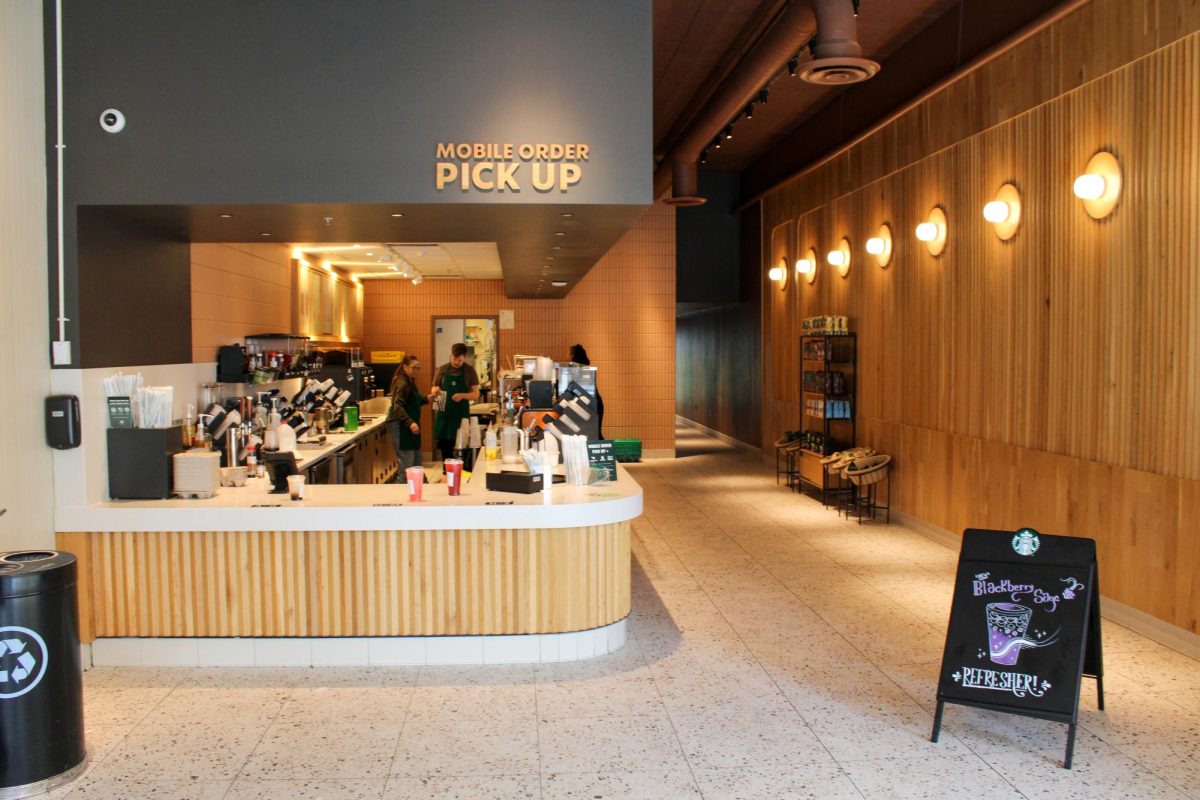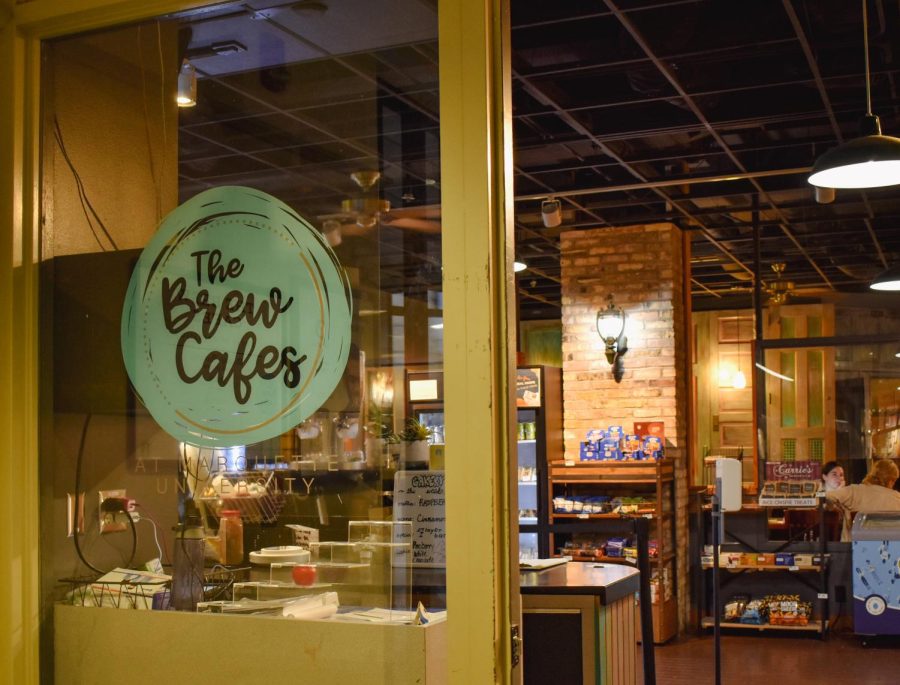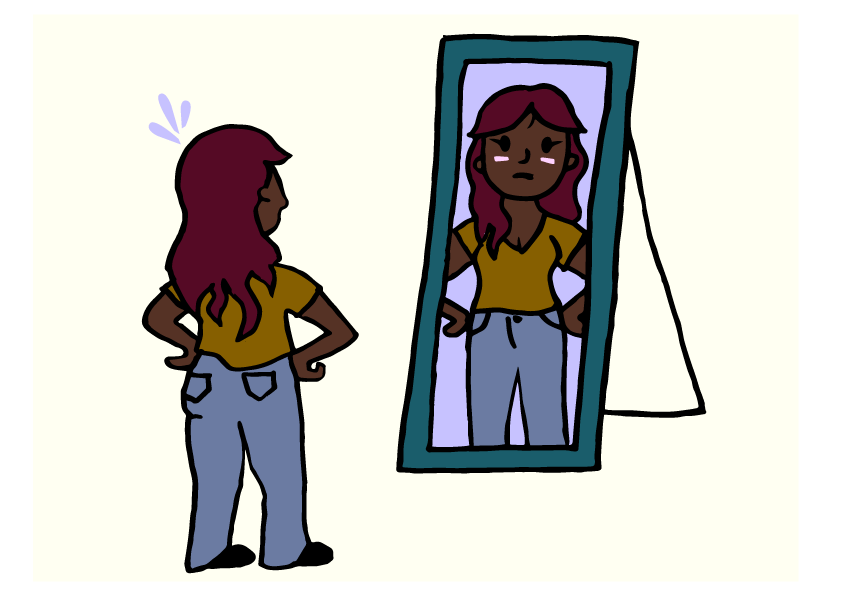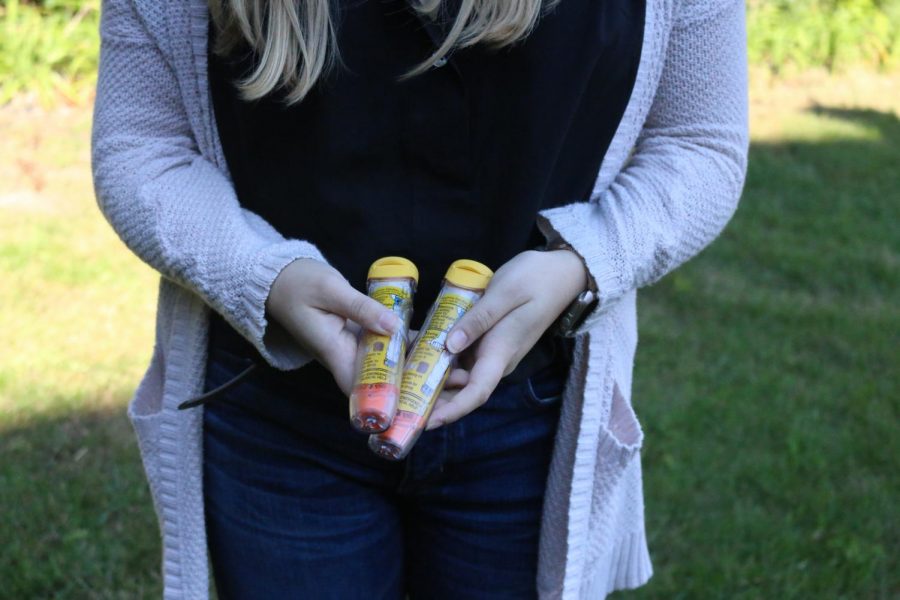Upward trends in energy drink sales may indicate that more people rely on them to get a boost, but they have not changed experts’ opinions that black coffee is the healthier alternative for students to get their daily fix.
Gina Villani, a dietitian for Campus Services Sodexo-Marquette, said in an email that most energy drinks have a “caffeine mix” that includes chemicals like ginseng, taurine, green tea extract, guarana and carnitine.
“Each of these have their own impact on the body whether it be metabolism boosting or energy boosting,” Villani said. “In energy drinks most of these products are used in excess and go over the daily recommended value (and) they may cause the jittery feeling.”
Experts in Villani’s field warn of many side effects from drinking too many energy drinks, including heart problems, diabetes and even mood disorders if they are mixed with certain medications.
National surveys completed in 2014 found 85 percent of Americans consumed some form of caffeine every day, and most come from coffee beverages.
The Centers for Disease Control also reported people who mix energy drinks with alcohol are three times more likely to binge drink. Still, some students say a can of Red Bull or Monster helps them make it through a long night of studying.
“If given the choice, I prefer coffee but sometimes just grabbing an energy drink out of the fridge is just easier,” said A.J. Butts, a junior in the College of Arts & Sciences, in an email. “I feel like energy drinks in excess can be dangerous to your health which is why people are weary of them, but for specific purposes I feel like it is not an issue. Being wary of energy drinks is a real fear due to its effects on the heart, but when not taken in excess I feel there is no problem with them.”
Some companies offer a zero-calorie alternative for more health conscious consumers. Ingredient lists still contain the caffeine mix, however they do have fewer sugars. Still, Villani said she would not label a zero-calorie drink as better than the originals and recommends limiting them in a person’s diet in general.
“As for the sugar free, zero-calorie products, these are then filled with artificial sweeteners like aspartame, which is linked certain health risks,” she said. “If a morning fix is a must have in a person’s diet, I would stick with coffee and skip the Monster.”
Coffee drinkers, like Katharine Montemurri, a senior in the College of Arts & Sciences, are heeding that advice. She said she tried an energy drink once instead of her cup of black coffee and would not drink it again.
“Honestly, I did not enjoy drinking energy drinks because they would make me jittery,” Montemurri said. “I’m much more of a coffee drinker and I just like the caffeine and not the sugar plus caffeine, because that’s usually what makes me feel wired.”
Villani emphasized it is important to limit the amount of sugar added and choose skim milk or powder sweeteners in coffee. She also said there are natural foods that can provide an energy boost, like sweet potatoes, foods made with whole wheat and brown rice.
Still, caffeine sources like coffee don’t seem to be going away anytime soon.
“It’s part of my day-to-day ritual,” Montemurri said. “It’s just what I need to do to really feel feel prepared for my day and just feel focused and ready to go … It’s a hobby as well as a lifestyle.”









